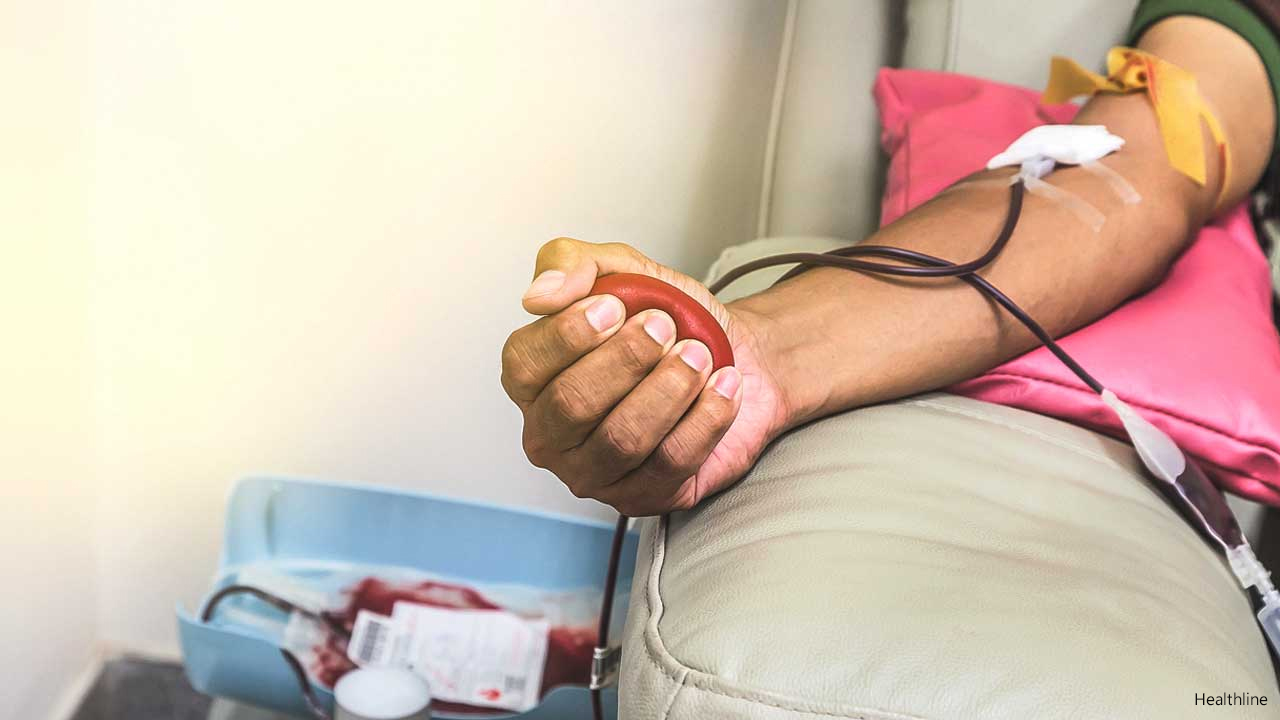Blood donation camps are a common sight in residential complexes as well as office premises. Some or the other organization or voluntary body who cares for the health of the people at large organize blood donation drives to collect blood from socially responsible human beings and transfer the blood units to the hospitals for their emergency needs. Whenever you come across such community initiatives, be a part of them, ensuring that there is a minimum gap of 3 months between your current and previous blood donation initiative. Your action would help not just others but yourself too.
Blood Donation Helps to Boost Immunity of the Donor
Leucocytes are cells that help us in boosting immunity and protect us from various infectious diseases. A regular donation of blood revitalizes blood plasma which further results in stimulation or increase of leucocyte counts.
Blood Donation Keeps Our Vital Organs Protected
Excess iron that enters our body through a diet rich in iron gets accumulated in our vital organs like the pancreas, liver, and heart. If we do not get rid of the iron overload of our body, there are chances of developing fatal diseases like heart ailments, liver failure, damage of the pancreas, cirrhosis, and even certain types of cancer. Blood donation is an excellent avenue of ensuring the right iron levels in our body and keeping several diseases at bay.
Blood Donation Eligibility Checklist
-
Age should be between 18 years to 65 years
-
People Below 45 kgs in weight are not eligible
-
People with high diabetes cannot donate
-
Pregnant women cannot donate blood
-
People with chronic diseases like blood cancer, AIDS, Hepatitis B or C cannot donate
-
If someone is suffering from fever on the day of blood donation, he/she cannot donate
-
People with extreme blood pressure problems cannot donate
-
Menstruating women are advised not to donate
-
Mothers who are nursing very small babies are advised not to donate.
Always donate blood in presence of trained healthcare professionals as they would ensure your safety by use of sterile needles only. If you have visited a doctor recently for even a small ailment, take the prescription along with you to ascertain whether blood donation would be good for you and the receiver of your blood or not.

 There is a segment of people who would either shy away from blood donations or try to dissuade others from doing so. Its important for this segment of our society to learn that blood donation does not just help the receiver but the donor too.
There is a segment of people who would either shy away from blood donations or try to dissuade others from doing so. Its important for this segment of our society to learn that blood donation does not just help the receiver but the donor too.



















.jpeg)

.jpeg)










.jpg)




.jpg)

